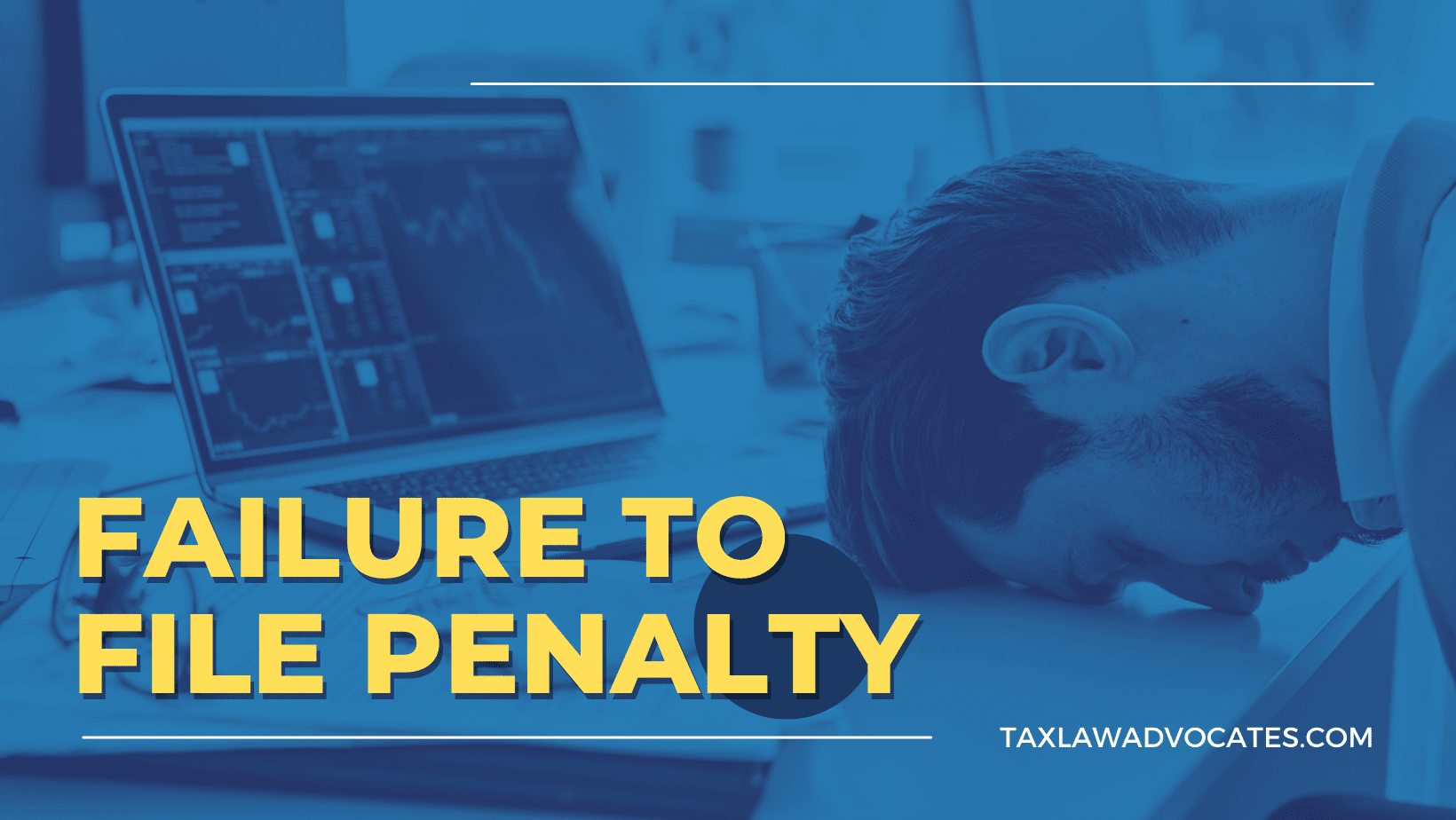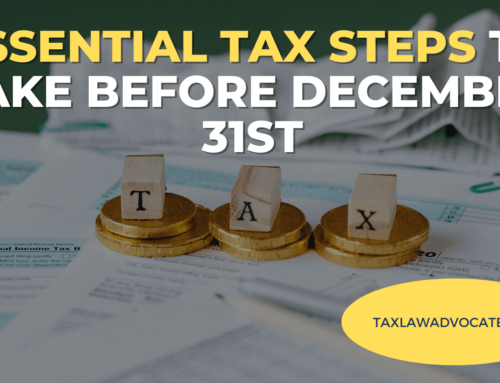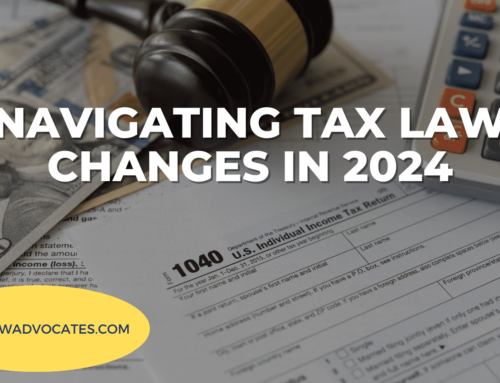The Failure to File Penalty is a penalty imposed by the IRS for failing to file a tax return by the deadline. This penalty is separate from the Failure to Pay Penalty, which is imposed for failing to pay taxes owed. The Failure to File Penalty is typically more severe than the Failure to Pay Penalty.
If you are dealing with a Failure to File Penalty or any related tax debt issues with the IRS, it’s important to seek professional help. Tax Law Advocates offers free consultation to help taxpayers navigate the complex process and find a resolution that works best for them.
For over 10 years, we have helped thousands of Americans save thousands of dollars on their tax debt. Our services include tax audit representation, the IRS Fresh Start Program, tax debt forgiveness, offer-in-compromise, and more. Call us today and be free of tax debt.
How is the Failure to File Penalty Calculated?
The Failure to File Penalty is calculated as a percentage of the taxes owed. The penalty is 5% of the unpaid taxes for each month (or part of a month) that a return is late, up to a maximum of 25%. If a return is more than 60 days late, the minimum penalty is $435 or the balance of the taxes owed, whichever is smaller.
When Does the Penalty Apply?
The Failure to File Penalty applies when a taxpayer fails to file a tax return by the deadline. For most taxpayers, this deadline is April 15th of each year. However, if a taxpayer is self-employed or a member of the military with a combat zone deployment, the deadline may be extended. It’s important to note that even if a taxpayer is due a refund, they must still file a return to claim it.
How Can the Penalty be Waived?
The Failure to File Penalty can be waived under certain circumstances, such as if a taxpayer can show that their failure to file was due to reasonable cause and not due to willful neglect. Examples of reasonable cause include a serious illness, a death in the family, or a natural disaster. Additionally, the IRS may waive the penalty for taxpayers who can show that they have a history of timely filing and paying taxes.
How to Avoid the Penalty
The best way to avoid the Failure to File Penalty is to file a tax return by the deadline. Taxpayers who are unable to file on time should request an extension of time to file. This will give them an additional six months to file their return, but they will still need to pay any taxes owed by the original deadline.
Free Consultation
The Failure to File Penalty is a significant penalty imposed by the IRS for failing to file a tax return by the deadline. It’s important for taxpayers to understand the rules and regulations surrounding this penalty in order to avoid it. By filing a tax return on time and requesting an extension if necessary, taxpayers can avoid this penalty and keep more of their hard-earned money.
Contact Tax Law Advocates today for a free consultation and get the help you need to resolve your tax debt issues.
Source: https://www.irs.gov/payments/failure-to-file-penalty






